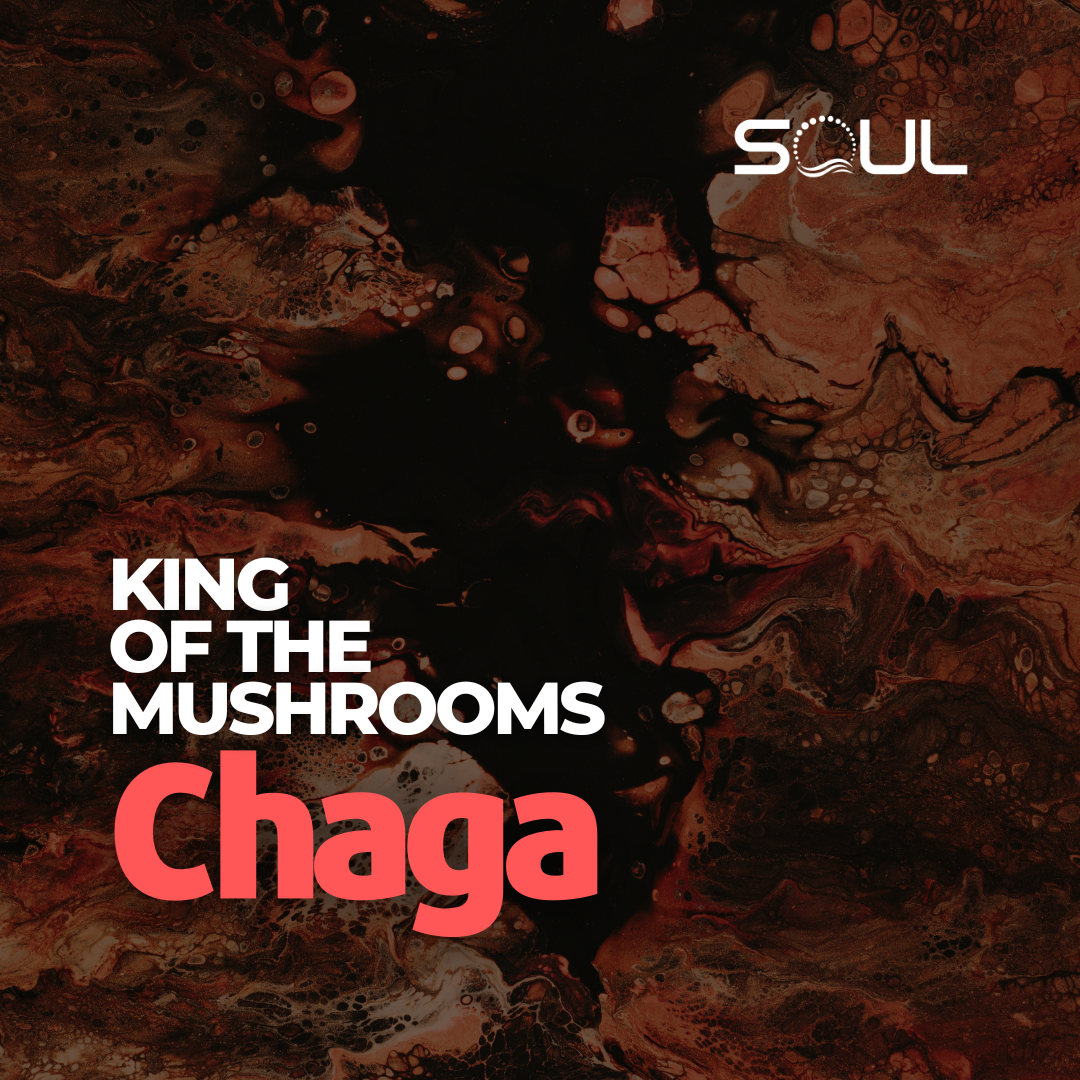
Chaga Mushrooms: Nature’s Tinder and Immune Dynamo
In the remote forests of Russia, Northern Europe, and North America, a quiet powerhouse grows on the bark of birch trees, standing as nature’s ancient healer: the chaga mushroom, or Inonotus obliquus. Often called "tinder mushrooms" for their fire-starting abilities, these hardy fungi go beyond survival; they’re a wellspring of potential health benefits that have intrigued scientists and traditional healers alike. While researchers are just starting to decode chaga’s secrets, one thing is clear: this dark, woody fungus is more than meets the eye.
The Powerhouse Within: Beta-Glucans and Beyond
Chaga mushrooms are packed with beta-glucans, polysaccharides that serve as the mushroom’s primary immune-stimulating and anti-inflammatory agents. But let’s dig deeper—beta-glucans act as immune whispers, subtly encouraging our bodies to rally defenses. Imagine your immune system as an orchestra. Beta-glucans are the conductors, signaling when and where to add intensity, timing every response to defend against external threats without overwhelming the system. In this way, beta-glucans may assist in fine-tuning immunity, potentially reducing inflammation and supporting overall health.
Yet, chaga’s health potential doesn’t rest solely on beta-glucans. It harbors a treasury of compounds, including triterpenoids, sterols, and phenols. These compounds each play unique roles; think of them as the supporting cast in a grand play. Triterpenoids are nature’s bioactive barriers, possessing antioxidant properties that may help mitigate oxidative stress—the slow, silent damage inflicted by free radicals. By scavenging these radicals, triterpenoids could aid in preventing cellular wear and tear. Meanwhile, sterols may assist in modulating cholesterol levels, while phenols, renowned for their antioxidant virtues, bolster the mushroom’s impact on our well-being.
Chaga in Traditional Medicine: A Legacy of Healing
Historically, chaga has served as a staple in Eastern European and Russian medicine, traditionally used to treat ailments ranging from diabetes to inflammation. Ancient healers revered it as a natural tonic, particularly for its potential to support endurance and resilience. In fact, it’s believed that chaga was used alongside early cancer treatments as a way to fortify the body, bolstering strength and vitality. Today, preliminary research hints at anti-tumor properties, suggesting that chaga might, in time, become a valuable ally in the cancer treatment landscape. However, while its promise is compelling, the need for further, rigorous studies remains clear.
Chaga and Blood Sugar: A Natural Aid for Diabetes?
Another exciting frontier for chaga research is diabetes management. Studies hint that chaga may lower blood sugar levels, suggesting potential as a supplement to support metabolic health. Mechanistically, chaga’s compounds may influence insulin sensitivity, potentially aiding in glucose regulation. Picture chaga as a stabilizing force, possibly assisting in maintaining balanced blood sugar levels without causing extreme drops or surges. But again, these benefits, while promising, call for continued study to determine their exact nature, optimal dosages, and safety.
Safety and the Path Forward
As potent as chaga may be, it’s crucial to approach it with caution. While early research points to benefits, scientific understanding of chaga is still in its infancy. Chaga appears safe when consumed in moderate amounts, but its interactions—especially with medications or existing health conditions—remain largely uncharted territory. Consulting a healthcare professional before adding chaga to your wellness routine is essential to ensure it aligns safely with your health goals.
So, next time you see this humble mushroom on a hike or a supplement shelf, think beyond its tinder potential. This mysterious fungus is quietly offering its arsenal of bioactive compounds, waiting for science to illuminate its full potential.
These statements have not been evaluated by the Food and Drug Administration. This product is not intended to diagnose, treat, cure or prevent any disease. This article is for informational purposes only and is not a substitute for professional medical advice. Always consult your healthcare provider regarding any health concerns or before starting new supplements.
